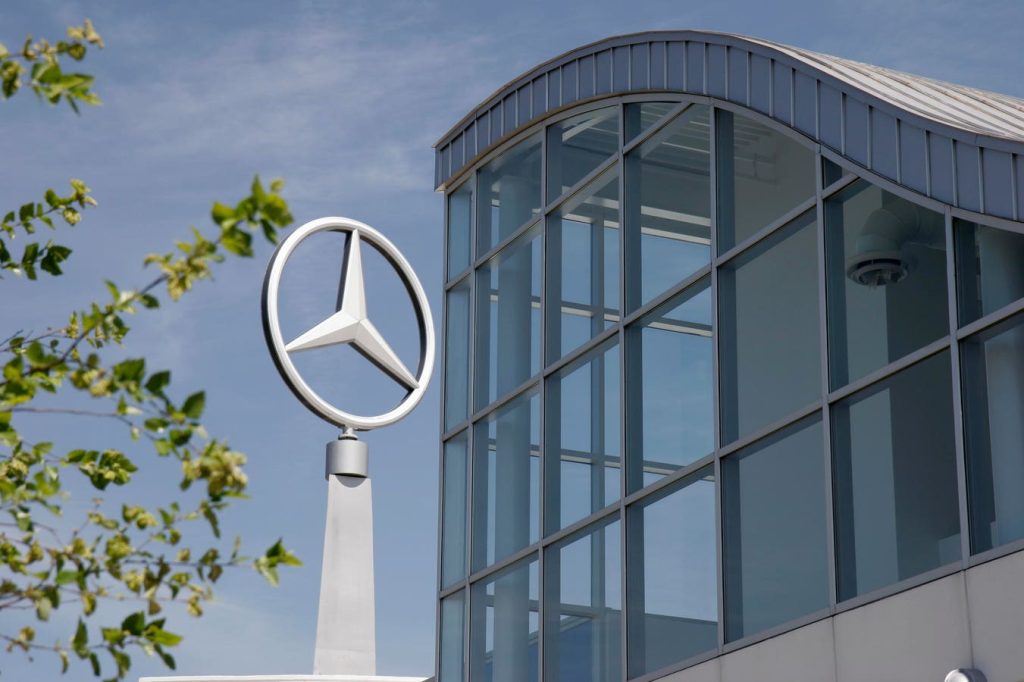Mercedes-Benz workers in Alabama have rejected union representation by the United Auto Workers, dealing a setback to the labor union’s efforts to expand to non-union factories in the South. The National Labor Relations Board reported that 2,642 workers voted against union representation, while 2,045 voted for it. Additionally, 51 challenged ballots were not counted, and there were five void ballots among the 5,075 eligible voters. This decision comes after successful contract negotiations with Stellantis, General Motors, and Ford last year.
A vote in favor of union representation would have made Mercedes-Benz the second foreign-owned automaker in the South to join the UAW, following Volkswagen employees whose unionization was certified recently. The UAW and Mercedes-Benz have the option to file objections to the election within five business days. Factories owned by the “big 3” Detroit-based automakers have traditionally been unionized, while foreign-based companies like Mercedes typically operate non-unionized factories in the South, making them a target for the UAW’s organizing efforts.
The rejection by the Mercedes-Benz workers is a setback for the UAW, which had successfully negotiated contracts with Chrysler parent Stellantis, General Motors, and Ford last year. These agreements included wage increases, cost-of-living adjustments, and improvements in retirement security for employees. The UAW had been making efforts to organize employees at non-union factories in the South, with a recent victory at a Volkswagen plant in Tennessee where workers voted in favor of unionizing.
The rejection of union representation at Mercedes-Benz highlights the challenges faced by the UAW in organizing workers at non-union factories in the South. Foreign-owned automakers like Mercedes operate largely non-unionized factories in the region, and the UAW has been working to expand its reach to these workplaces. The UAW’s organizing efforts have seen some success in recent months, with victories at Stellantis, General Motors, and Ford, as well as Volkswagen.
The UAW’s efforts to expand to non-union factories in the South have seen mixed results, with victories at some plants but setbacks at others. The rejection by the Mercedes-Benz workers is a setback for the union, but they still have the option to file objections to the election within the next five business days. The UAW continues to push for worker representation at non-union factories in the South, aiming to improve wages, benefits, and working conditions for employees in the region. This is a developing story, and updates will be provided as more information becomes available.


